Harvesting rice at the high-quality and low-emission rice farming model at Tien Thuan Cooperative, Thanh Quoi Commune, Can Tho City.
Important role
Cooperatives play a very important role in chain linkage and promoting farmers to apply technologies in digital transformation and green transformation to implement the 1 million hectare rice project. In fact, the high-quality and low-emission rice cultivation models implemented in the Mekong Delta region in recent times have been mostly implemented in the fields of cooperatives. Cooperatives have clearly demonstrated their role in connecting households to apply processes and techniques for high-quality and low-emission rice production and connecting and signing contracts with units and enterprises providing technology solutions, agricultural input materials and output-consuming enterprises to form chain linkages.
Price chain linkage is the key and most important solution to reorganize production, improve efficiency and ensure responsible participation of parties in production, processing and consumption of products. Chain linkage is also a prerequisite to help farmers access preferential credit, implement traceability, apply sustainable farming technologies and techniques and participate in the carbon credit market in the future. In the goals and orientations set out in the 1 million hectare rice project, it is also determined that by 2030, 100% of the production area of high-quality and low-emission rice will have linkages between enterprises and cooperatives, cooperatives or farmers' organizations in production and consumption of products.
It is expected that about 2 million rice farming households, 1,230 cooperatives, cooperative groups and 210 rice trading enterprises will participate in the 1 million hectares of high-quality rice project. However, investment resources and access to new technologies of relevant parties are still limited, especially farmers and cooperatives. Therefore, it is necessary to increase investment attraction, training for cooperatives and good coordination from central and local ministries, branches, and international enterprises and organizations. Timely consolidate and improve the governance and management capacity of cooperatives. Promote investment and apply science and technology to production stages such as irrigation, sowing, fertilization and spraying pesticides in a cost-effective and efficient manner. Apply technology to digital transformation and develop green production, implement traceability, enhance brands, etc.
Support
In recent times, the implementation of the 1 million hectare rice project has achieved very encouraging initial results. In particular, pilot models of high-quality and low-emission rice cultivation have proven effective, helping to increase farmers' income. According to the Ministry of Agriculture and Environment, the models help reduce production costs by 8.2% to 24.2% thanks to a 30-50% reduction in seeds, saving 30-70kg of fertilizer/ha, reducing 1-4 sprayings of pesticides and cutting 30-40% of irrigation water. Rice productivity increased by 2.4-7%, helping to increase farmers' income by 12-50%, equivalent to an increase in profit of 4-7.6 million VND/ha compared to traditional farming. The model has helped reduce greenhouse gas emissions, with an average reduction of emissions equivalent to 2-12 tons of CO₂/ha. The models also promote chain linkages, with farmers being contracted by businesses to buy rice at higher prices than outside.
Promoting the achieved results, currently, central and local ministries and branches, especially the Ministry of Agriculture and Environment and specialized agencies under the Ministry, continue to pay attention to coordinating with relevant units to replicate the model of high-quality and low-emission rice production. Promote activities to connect and support the construction and development of cooperatives and farmer organizations, train human resources to manage cooperatives, upgrade infrastructure to participate in the sustainable rice production and business chain. Encourage farmers to participate in cooperatives and create conditions for cooperatives to invest, apply technology and carry out digital transformation to improve governance capacity, manage production according to standards, quality, ensure transparency and efficiency. At the same time, strengthen the connection between production, processing and promotion, and consumption of products.
In order to help localities in the Mekong Delta region and functional units improve their ability to access and apply technology for cooperatives, the Department of Cooperative Economics and Rural Development under the Ministry of Agriculture and Rural Development has coordinated with the Vietnam Cooperative Alliance and Sorimachi Vietnam Co., Ltd. to organize a training course for trainers (ToT) in Can Tho City. The training course was organized to equip trainers with more knowledge and professional skills and prepare core forces to deploy and replicate sustainable development models of high-quality and low-emission rice value chains. This course also guided specialized staff, lecturers of schools, cooperative support units and cooperatives to use sales management software (Hanbai) to develop high-quality and low-emission rice value chains. At the same time, the user manual is synchronized with the electronic production diary software (FaceFarm) and cooperative accounting software (WACA) and the Project to promote sustainable development of the high-quality and low-emission rice value chain funded by the Japanese Ministry of Economy, Trade and Industry is launched.
According to Mr. Nguyen Thanh Mong, Market Development Director of Sorimachi Vietnam Co., Ltd., in the past time, the company has coordinated with the Vietnam Cooperative Alliance and institutes, schools, and specialized units under the Ministry of Agriculture and Environment to implement many training activities and technology transfer programs and projects, supporting digital transformation in the agricultural sector. Creating conditions for cooperatives in the Mekong Delta to carry out digital transformation, green transformation and build digital cooperative models. As of June 2025, nearly 10,000 cooperatives have been trained and supported in digital transformation and 72 source lecturers have been trained to support the implementation of the 1 million hectare rice project, building 15 digital cooperative models, etc.
According to Ms. Nguyen Thi Hoang Yen, Deputy Director of the Department of Economic Cooperation and Rural Development under the Ministry of Agriculture and Environment, since 2018, the Department has accompanied Sorimachi Vietnam Company in agricultural digital transformation programs, with FaceFarm and WACA software and now Hanbai, widely applied in many agricultural cooperatives across the country. Contributing significantly to the Government's key programs and projects and gradually forming a comprehensive digital ecosystem for a transparent, efficient and low-emission rice value chain.
Ms. Nguyen Thi Hoang Yen said that in 2025, Sorimachi Vietnam Company will continue to receive support from the Japanese Ministry of Economy, Trade and Industry to implement the Project to promote sustainable development of high-quality and low-emission rice value chains through the application of digital transformation software in the Mekong Delta region of Vietnam. This project is a new step forward when 3 digital transformation software are integrated and deployed synchronously to hundreds of cooperatives in the Mekong Delta. From there, it will create a foundation to improve management capacity, improve farmers' income and expand domestic and foreign market connections.
Article and photos: KHANH TRUNG
Source: https://baocantho.com.vn/nang-cao-nang-luc-cua-hop-tac-xa-trong-thuc-hien-e-an-1-trieu-hec-ta-lua-a188296.html


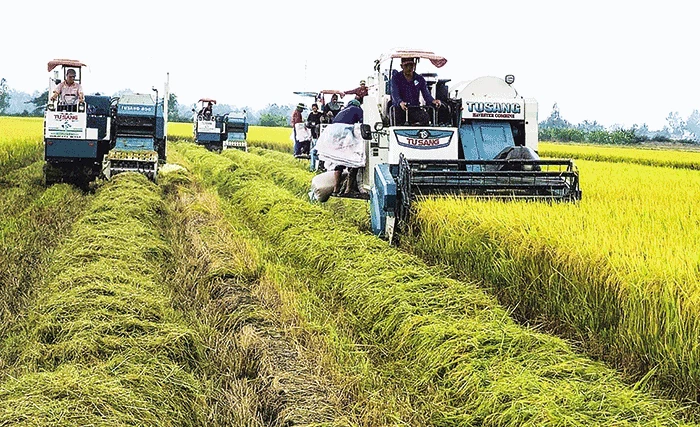
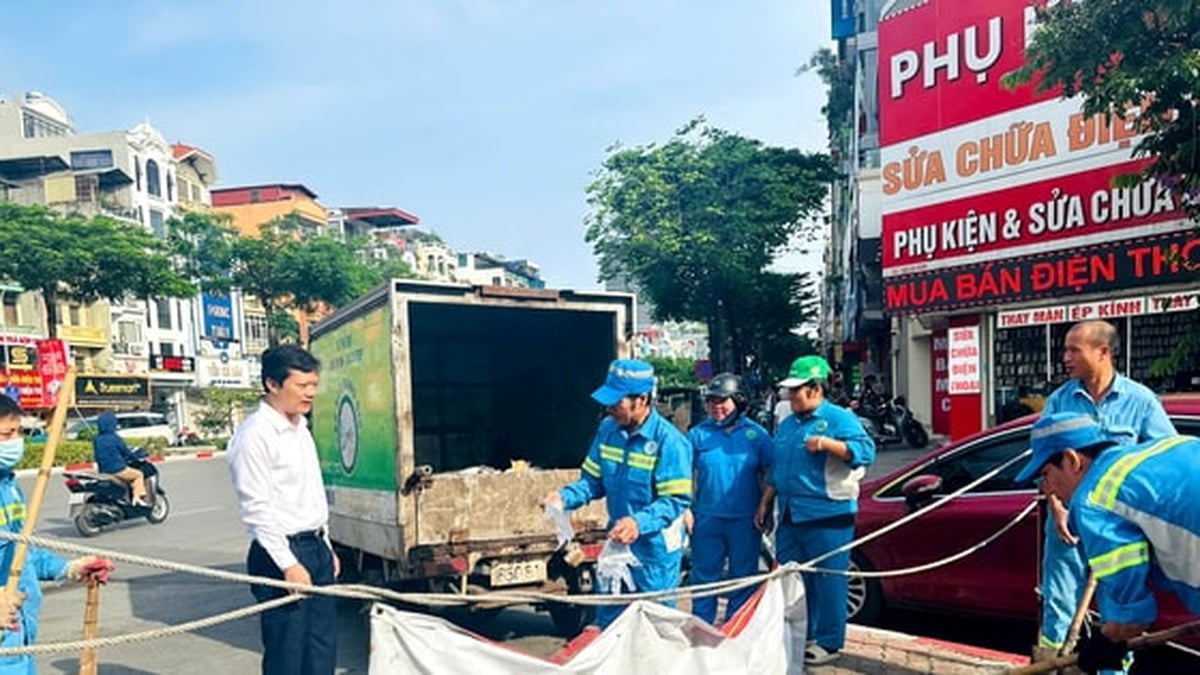

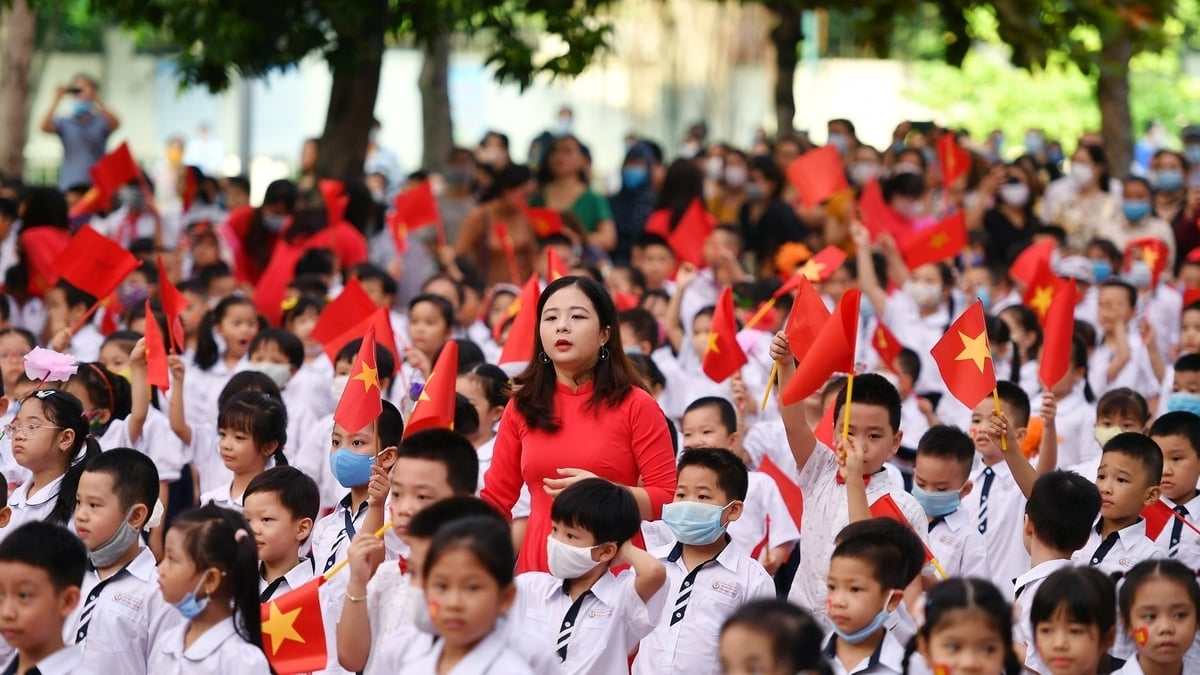
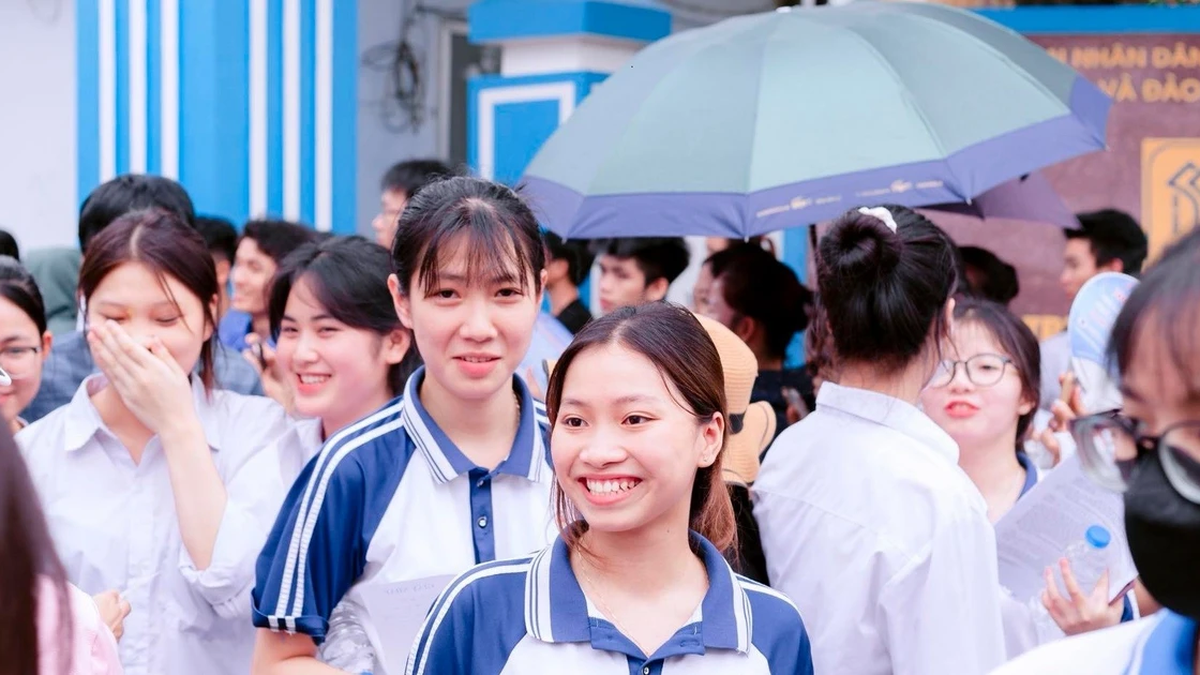
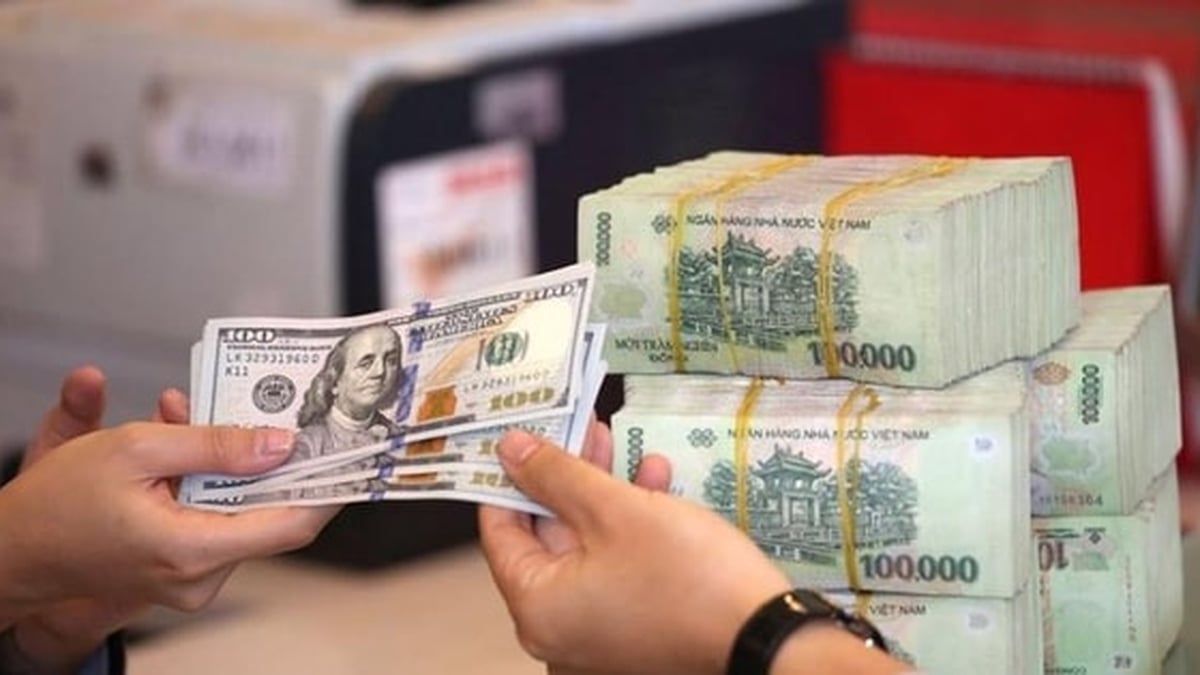
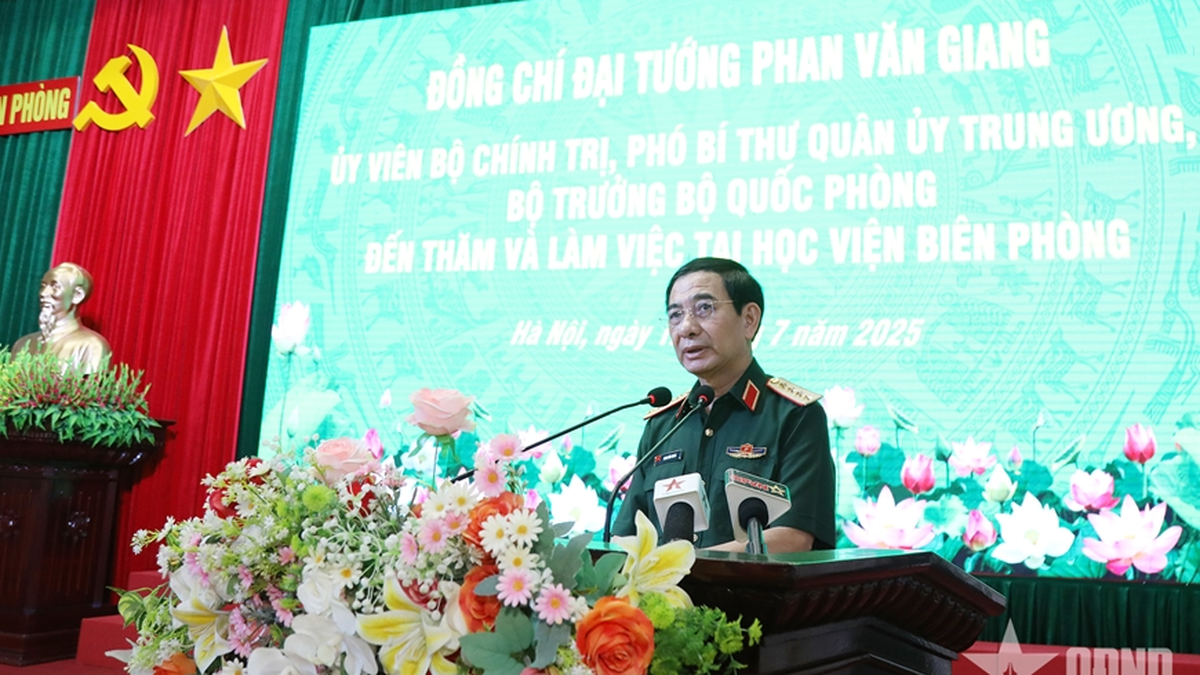

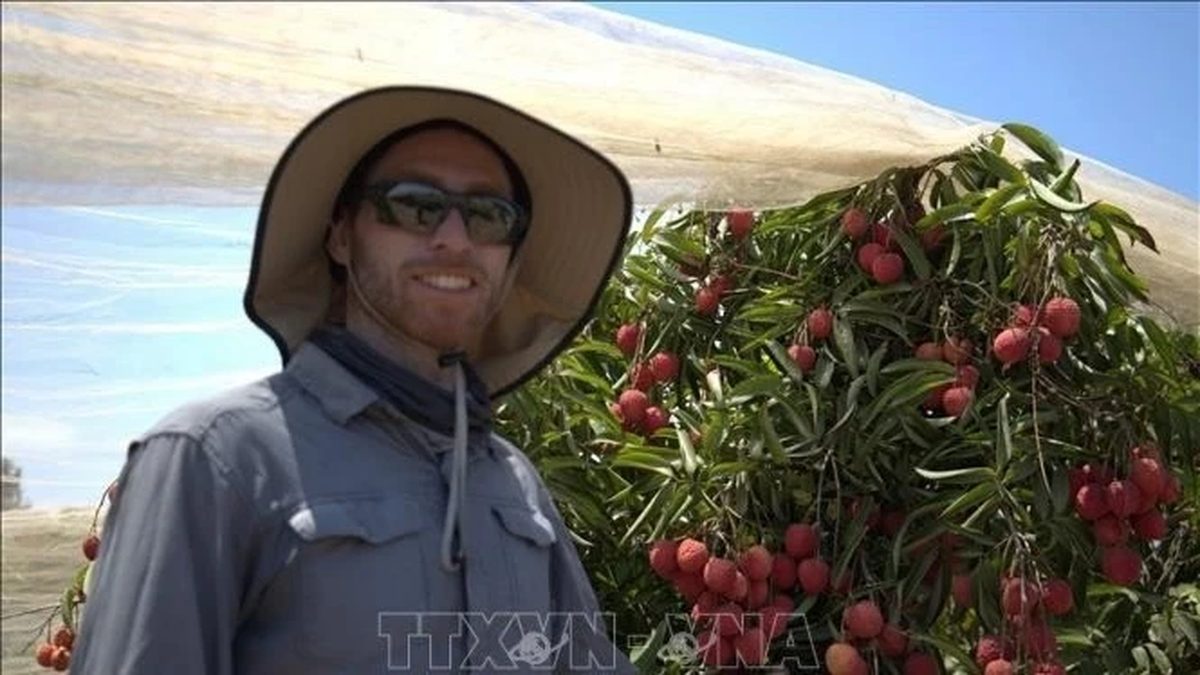
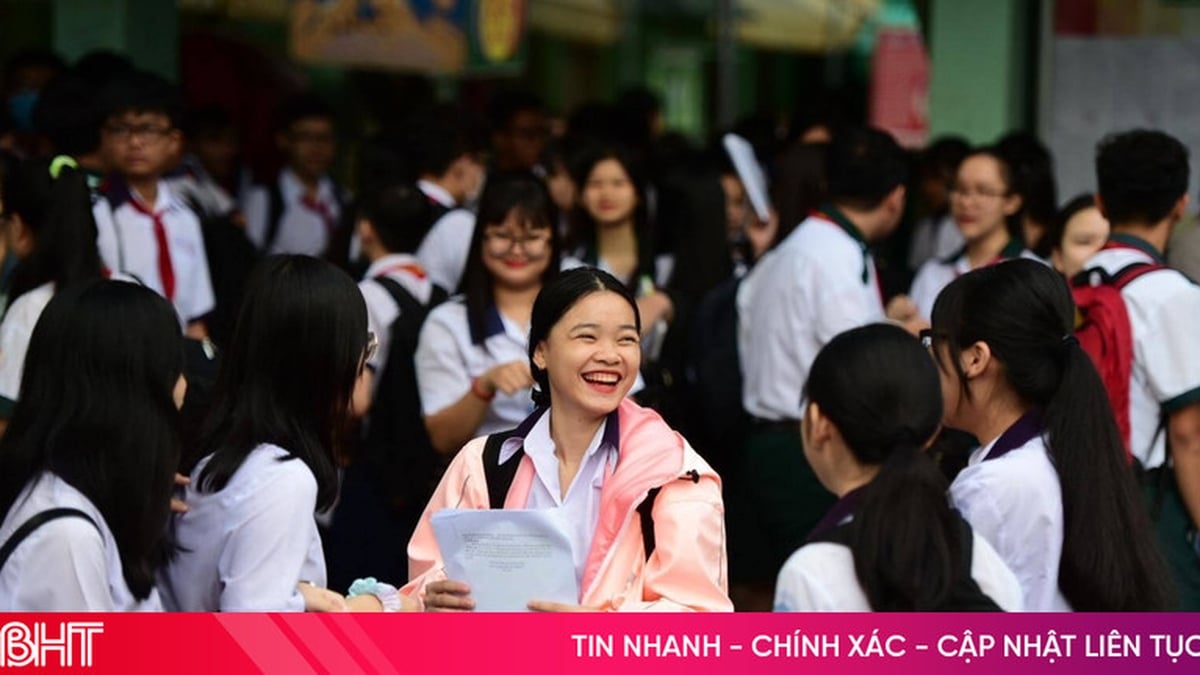











![[Photo] Gia Lai provincial leaders offer flowers at Uncle Ho's Monument with the ethnic groups of the Central Highlands](https://vphoto.vietnam.vn/thumb/1200x675/vietnam/resource/IMAGE/2025/7/9/196438801da24b3cb6158d0501984818)






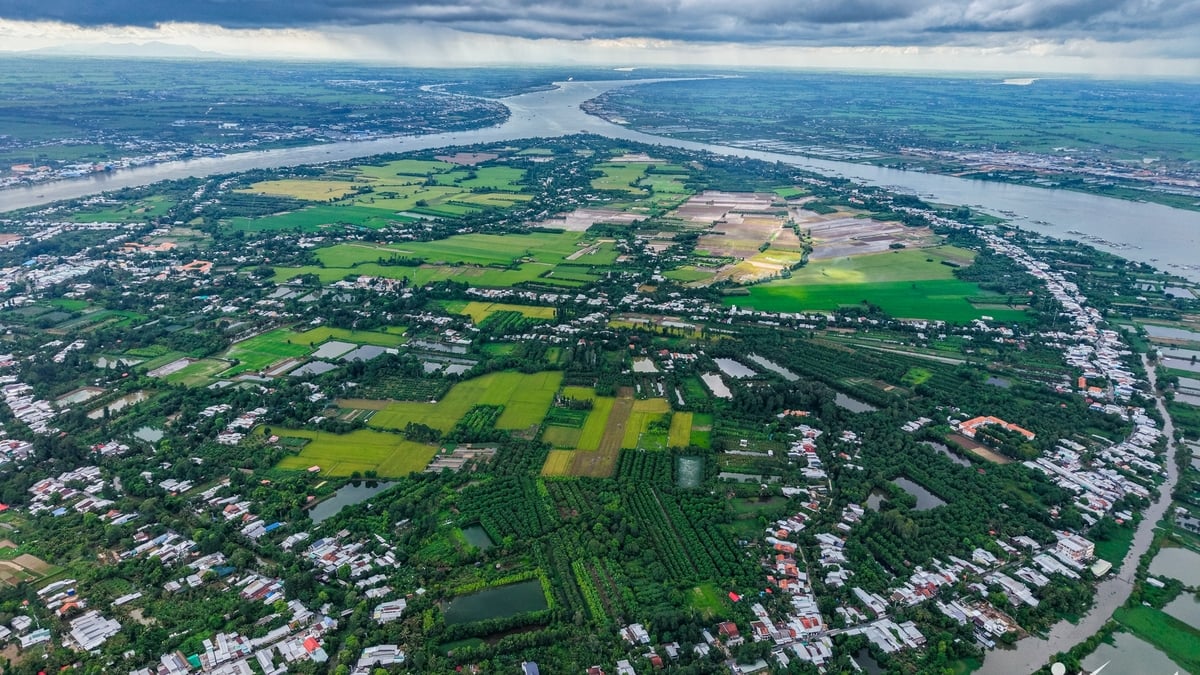


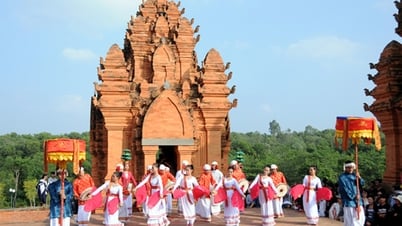



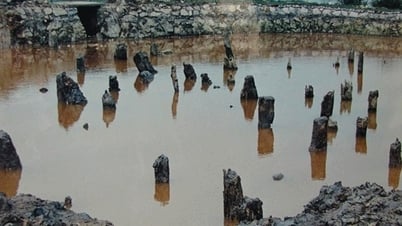

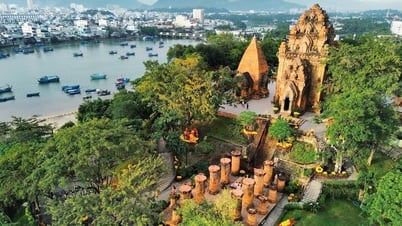



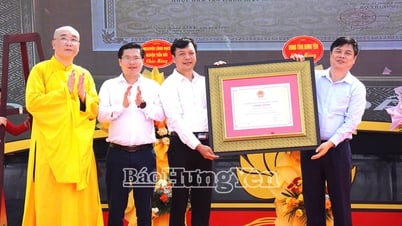

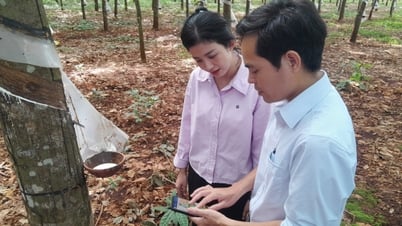

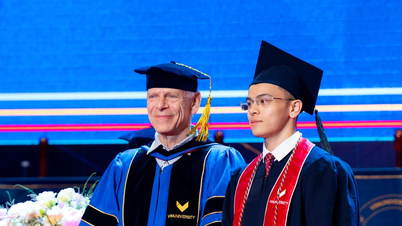

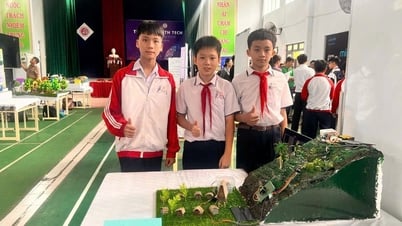
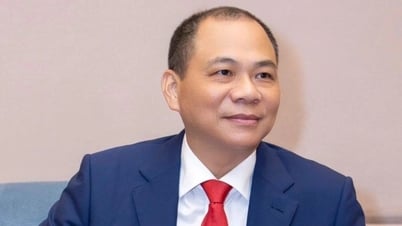

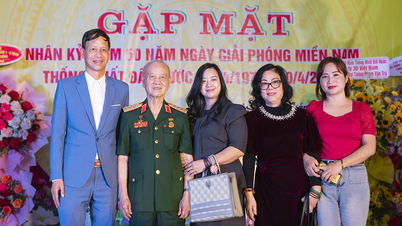

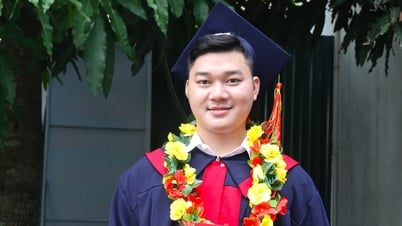







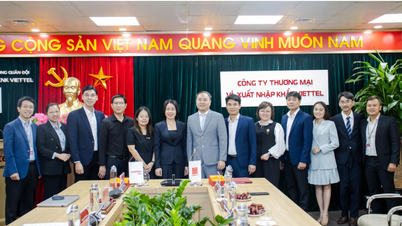
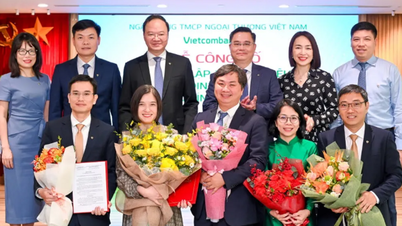

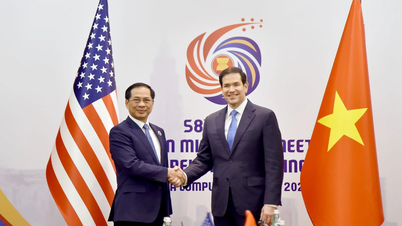
![[Infographic] Parade program to celebrate the 80th anniversary of August Revolution and National Day September 2](https://vphoto.vietnam.vn/thumb/402x226/vietnam/resource/IMAGE/2025/7/12/3bf801e3380e4011b7b2c9d52b238297)

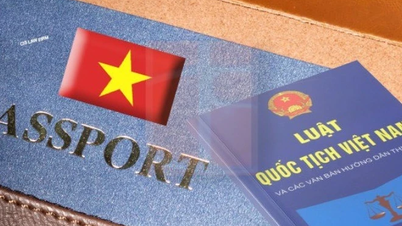





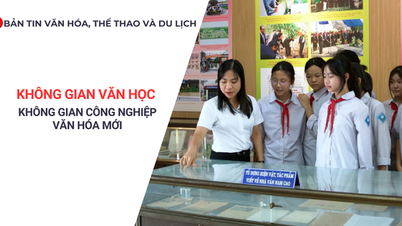

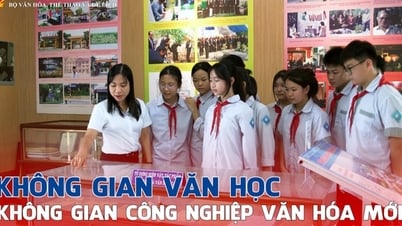
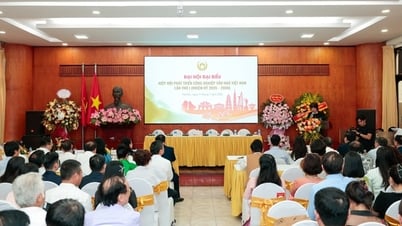
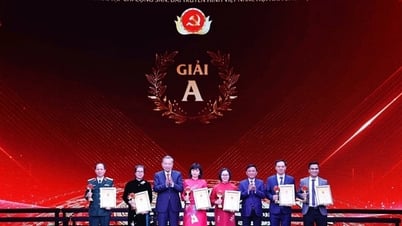
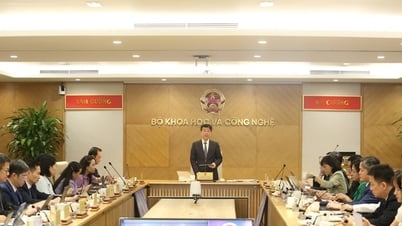

















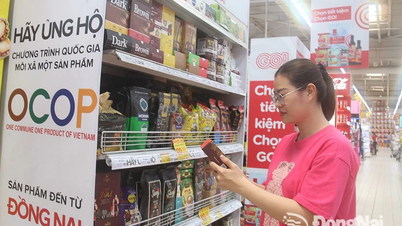






Comment (0)